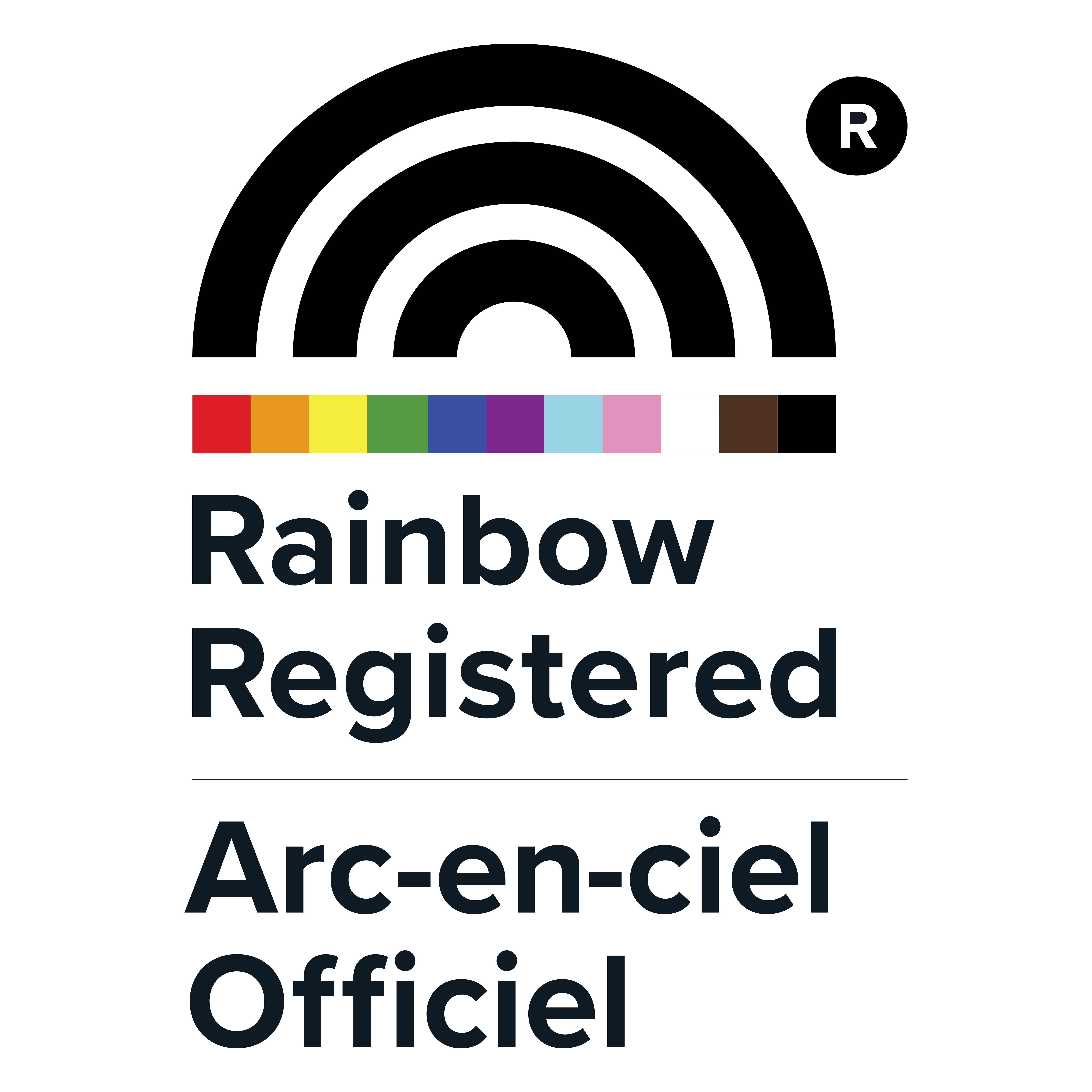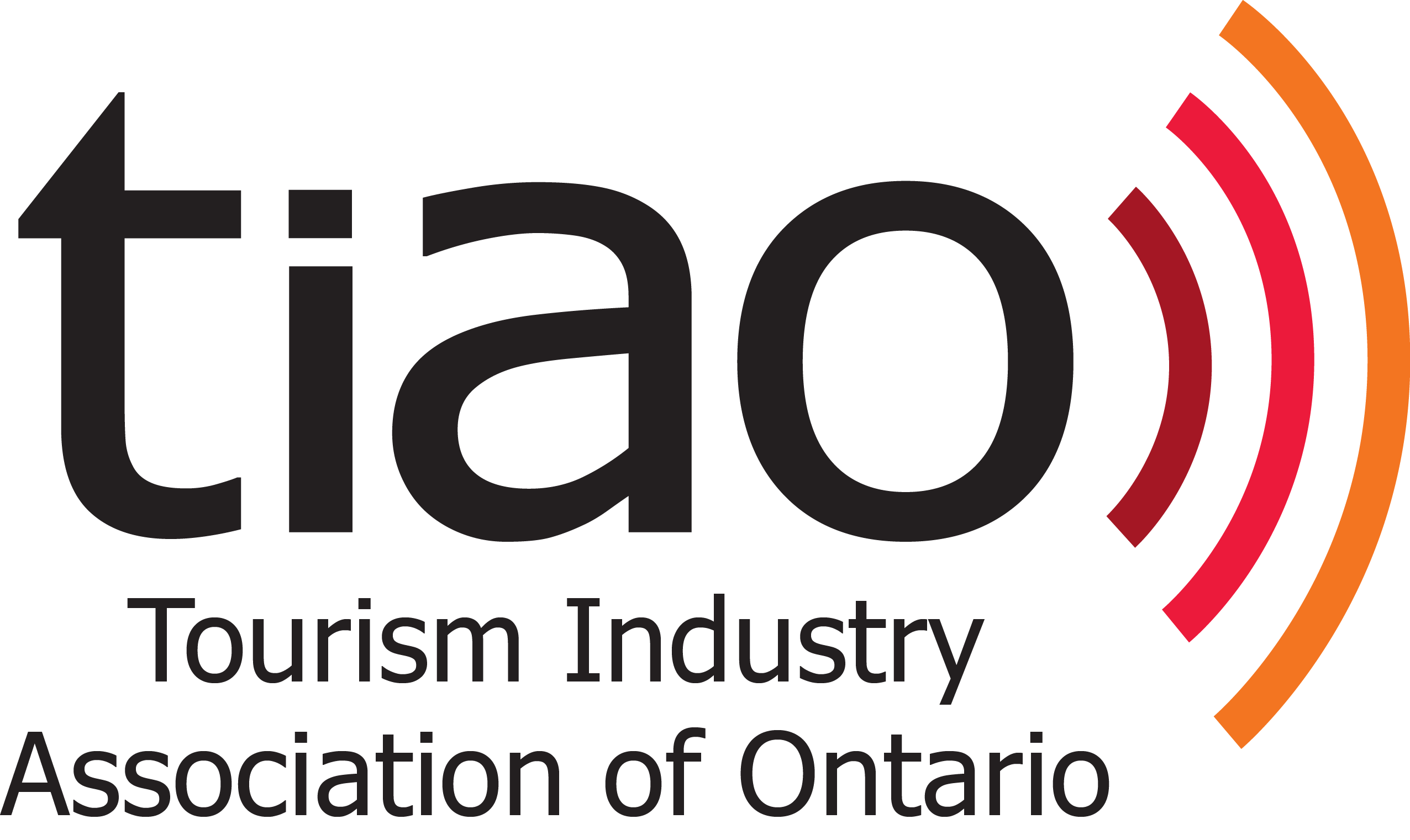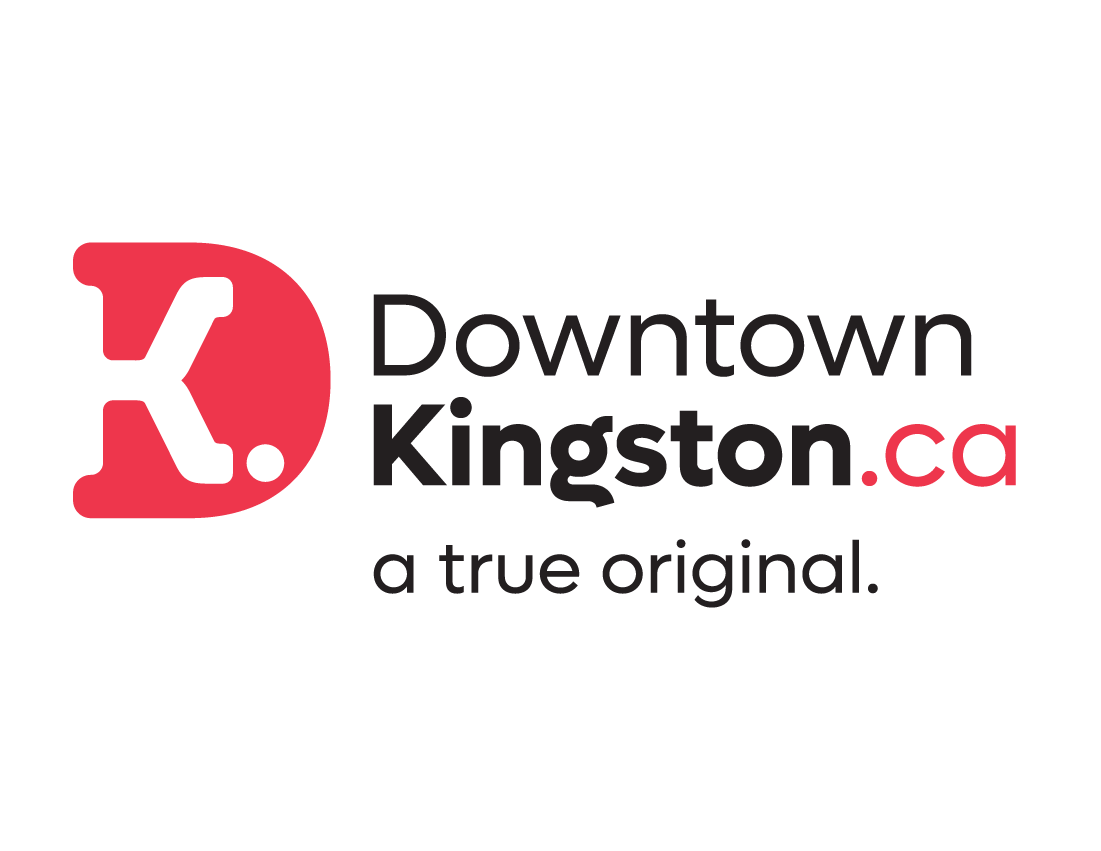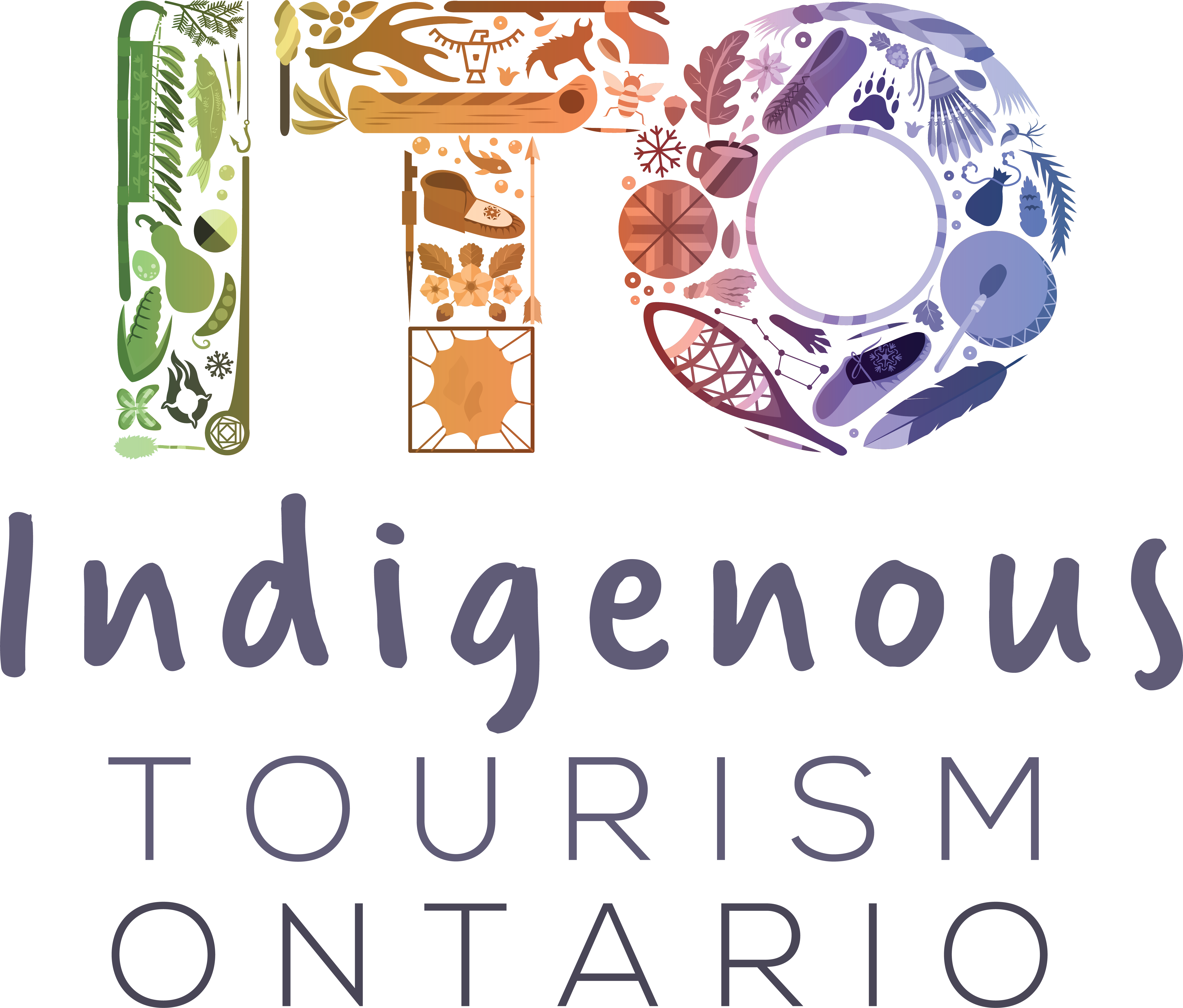Background and vision
Kingston developed the Integrated Destination Strategy (IDS) in spring 2018 based on primary research with key stakeholders, a review of background documents, and a series of workshops with a steering committee. The committee’s vision was to foster a collaborative environment to bring stakeholders together and to develop a strategy that builds a stronger sense of place for Kingston’s residents, tourists and investors, respects taxpayer dollars, and is realistic in its approach.
The vision for Kingston’s IDS initiative is to foster a collaborative environment where industry stakeholders work together and lift each other up to sustainably grow tourism as an economic driver for Kingston. A collaborative environment is achieved when all partners are working collectively toward this common goal and each individual has the confidence and support of their colleagues.
Building on four years of progress in advancing the recommendations of the IDS while taking into consideration the effects of the COVID-19 pandemic on the tourism sector, a review of the IDS was completed in 2022 to set the direction for Kingston’s destination development for the next five years. The updated IDS was approved by the board of directors of Tourism Kingston and Kingston Accommodation Partners and Kingston City Council.
For more information, please contact:
Megan Knott
Executive Director, Tourism Kingston
megan@tourismkingston.com
Integrated Destination Strategy, 2018-2022
The goal of the IDS is to effectively develop and manage Kingston as a tourism destination. The IDS identifies four key pillars:
- Infrastructure, transportation, and access
- Visitor experience, product and experience development, and sense of place
- Industry development
- Policy and regulation
Overall, the IDS aims to define and articulate both the development, well as management of tourism in the city for the next decade. Tourism growth is not the ultimate objective; rather it is the sustainable development and management of tourism to support the city’s sense of place for residents:
- A place to live
- A place to raise families
- A place to attend university/college
- A place to work
- A place to invest and growth business
The IDS balances growth with three overarching objectives:

Seasonality: Kingston currently benefits from a high number of visitors in the summer high season; the plan is designed to nurture growth in shoulder and low seasons;

Dispersal: as a method to address sustainability challenges as well as better distribute tourism revenues throughout the community, the plan is designed to promote tourism development beyond the downtown core via infrastructure growth and itinerary design;
Yield: the plan outlines consumer market targets and the need to develop/refine and promote alternative products and experiences, all designed to attract higher-value consumers and encourage more spending.
The impact of tourism



No other census metropolitan area in Canada attracts more domestic visitors than Kingston, relative to population size.
Tracking success

Policy and regulation
- Standing tourism advisory committees: marketing, sales, attractions
- Sector and partner engagement through governance, including Tourism Kingston board, and committees
- Quarterly reporting to the City of Kingston and Kingston Accommodation Partners
- Sector and partner reporting through Annual General Meeting
- Memberships: Tourism Association of Canada, Tourism Association of Ontario, CGLCC (Canada’s LGBT+ Chamber of Commerce), Indigenous Tourism Association of Canada, Indigenous Tourism Association of Ontario
- Incorporated the Kingston Film Office as separate not-for-profit organization

Visitor experience, product and experience development, and sense of place
- Visitor Information Centre renovated to improve customer service
- Expansion of visitor services: launch of website chatbot, Kingston Pen pop-up tent, and community event booths
- Development of winter illumination in downtown core December through March
- Culinary product development: Kingstonlicious winter event, County Sips Wine Tours, partnership with Frontenac County for farm-to-table campaign and Open Farms
- Supporting development in Kingston’s creative sectors: Kingston Association of Museums member web development sponsorship; sponsorships of Kingston Canadian Film Festival and WritersFest
- Indigenous tourism development: creation of Indigenous Vendor Market in Springer Market Square
- Equity, diversity, and inclusion: Rainbow Registered organization; completed LGBT+ audit and assessment; Indigenous cultural training for staff; sponsorship of Kingston Pride
- Alignment of Kingston destination brand across tourism and economic development

Infrastructure, transportation, and access
- Airport expansion: runway extension and enhanced passenger terminal
- Working with the City of Kingston to secure air service
- Securing access to Kingston Penitentiary for tours and film production
- Enhancing public spaces along the waterfront: Crawford Wharf, Confederation Basin, Delta Hotel walkway, Battery Park
- Access and improvements to the Kingston Coal Dock, serving as the city’s temporary deep-water dock
- Commissioned conference centre feasibility study

Industry development
- Investment and development of Tourism Kingston team over the past three years: marketing, sales, Kingston Film Office
- Creation of Sport Tourism Strategy with Floor13
- Expansion of film and media production in Kingston including regional study and partnerships
Partners
Resources
- Integrated Destination Strategy
- Growing Food Tourism: culinary strategy
- Tourism Kingston 2022 Annual Plan
- Tourism Kingston Five-Year Plan
- Tourism Kingston Annual General Meeting: 2019 I 2020 I 2021
- City of Kingston Strategies, Studies & Plans
- City of Kingston Council Priorities 2019-2022
- City of Kingston Creative Industries
- Kingston Economic Development Integrated Economic Development Strategy
- Kingston Accommodation Partners
- RTO9
Twenty31 has been awarded the contract to support co-creation of the Integrated Destination Strategy. The Twenty31 team brings extensive experience in destination development, management, and research in Ontario, in Canada, and across the globe.



![DBIA Logo SDE [k]](https://staging.visitkingston.ca/wp-content/uploads/2022/04/dbia-logo-sde-k.png)























